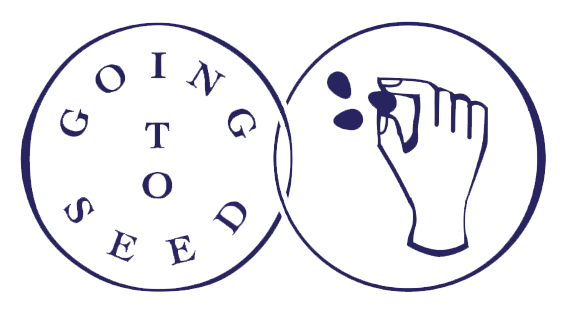FAQs
Q: How will this method of farming affect my costs?
A: A well-adapted landrace requires few or no inputs - no pesticides, herbicides, fertilizer, or plastic - and minimal irrigation. And, of course, there is no outlay for seed, though you must be prepared to save a small percentage of your crop for seed.
Q: Will locally adapted farming be compatible with my current equipment and methods?
A: Yes. When you select seeds to save, one of your selection criteria should be the ability of the plant to thrive with your preferred farming methods.
Q: Will my customers accept vegetables that don’t all look alike?
A: Diverse varieties can appeal more to customers than standard varieties. That’s because you can select for the taste, appearance, and other traits that your customers prefer. You can even ask customers to return seeds to you from, say, a tomato or pepper that they particularly liked, so you can sow them the next year. In addition, you may be able to grow vegetables that other farmers in your area have trouble growing, or you may be able to grow vegetables earlier in the season.
However, lack of uniformity can present a challenge in some circumstances. Although individual customers (including chefs) are usually willing to accept it, once they understand the benefits, commercial customers may be less willing or may require more education.
Q: How long does it take to adapt a crop to local conditions?
A:That depends on the species, the number, and the suitability of the varieties you start with, the requirements you’re trying to meet, and other factors. You can jump-start the process by starting with seeds from an existing landrace or from a “grex” (a sort of proto-landrace). In general, you should assume it will take about three years to stabilize the variety - though you will likely have some marketable product before then.
Q: Can I sell seeds for locally adapted varieties?
A: Yes. There is a lot of interest in local adaptation among amateur gardeners and homesteaders. Seeds from landraces or grexes can be sold to specialty seed companies. Selling seeds is often more profitable than selling vegetables.
Q: How can Going to Seed help me transition to this method of farming?
A: We offer farmer education, seeds, customer education materials, a knowledgeable community, and more. We are also developing a farmer support program for the 2024 growing season that will specifically address the needs of market farmers.
